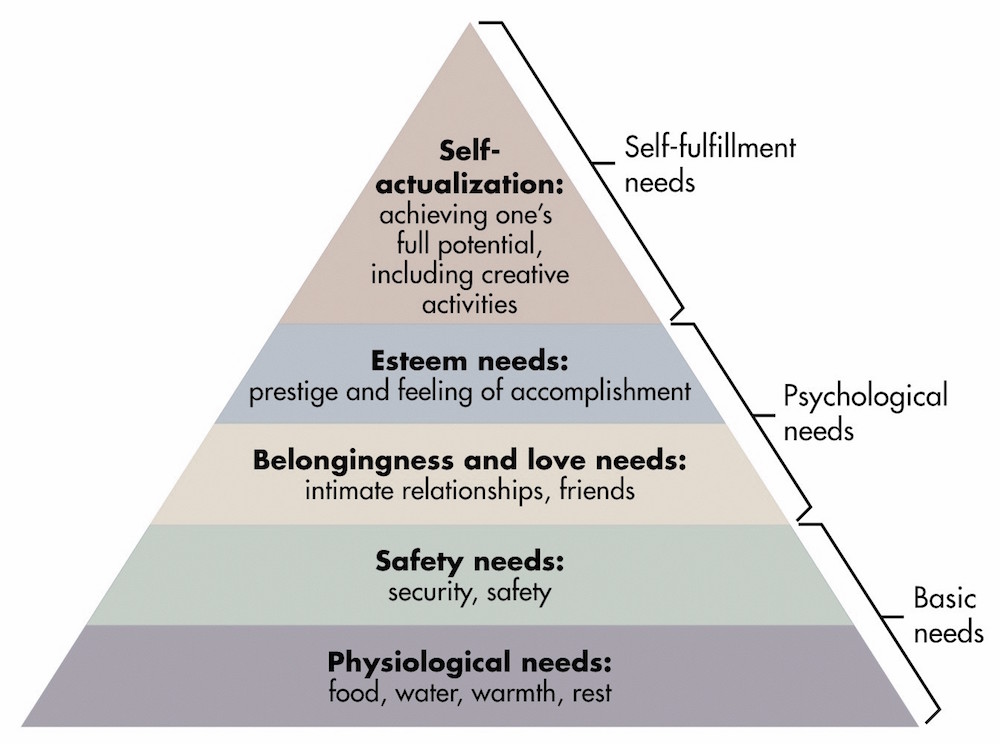Ethan Tiew
Ethan Tiew
Being a bit of everything, pursuing your hobbby, or working from 9-5- How much is too much?
Hello, how are you today? Working Full-Time or a student with a vigorous schedule? Do you have a hobby you wouldn't be able to live without? Is work and/ or school taking too much of your personal leisure time?
Imagine having all the time in the world to dedicate 100% of your time and energy towards that hobby. What are some possible outcomes? What if you wished you had done more and went further on your death bed?Sure, you may be happy. But, ou're also just like everyone else! Many of us live lives of mediocricy. Why would many place a limit on their potential? What then, would be the most sensible course of action for one to take? Let's first consider a few scenarios: - You're 16 years old, and you've always loved to play basketball. You decide to drop out of school in attempt to pursue professional career.
- You have always been the fastest in your class. Running is fun. You don't have any interest. You then decide to pursue a career in astrophysics. You have always suffered academically no matter how hard you tried.
- You have been good, but never amazing, at everything you've done. Everyone around you tells you to follow the paved path for securiy. You do so, and live a fairly successful and stable life. You wonder what you could've done.
- You have found a passion for knitting, and you do only that for every spare moment you have. You do just enough to get by otherwise.Your hands never get tired. You stick with your knitting hobby and find value out of it yourself.
All of the above scenarios are possible options one may have in this situation. What are some pros and cons of each? What would be the general consensus as for the right course of action? - Option 1 (Cons)
- The said person is young and is therefore likely to change their mind sporadically.
- the reward may be immense but the risk factor far outweighs it.
(Pros) - Will live with the satisfication of having tried.
- Might still be able to live a decent life afterwards, or go back to school
- Option 2 (cons)
- Misses out on an opportunity to be great.
- Does not play to their strengths
- Risk outwrighs the reward (the other extreme of Option 1)
(Pros) - May have a long lasting, stable life if successful
- May become smarter
- May have an immense boost of confidence
- May be happy with their lives, albeit after a long haul
Options 3 and 4 are again opposite extremes of each other, but are comparatively more sensible than the previous two choices.
Both Option 3 & 4 considers risk factor. As living up to one's potential is the primary objective of all, risk assessment should be the next thing to consider. What then, makes Option 4 better than Option 3? Option 4 satisfies the minimally of what society mandates you to do. You still allow yourself the opportunity to discover truly what potential you have in a hobby of yours. Ultimately, you do just enough to get by on what you don't want to do and place the greatest emphasis on what you want to do. Option 3, on the other hand, sacerfices this major component of what drives the thrill factor we all innately crave: Autonomy, and the challenge we take to get as close to it as possible. And to be on one's death bed without a single strand of uncertainty in ourselves. What is The Solution? How much is too much? - Options 1 and 2 have the component of thrill, but no component of risk assessment.
- Option 3 has takes good care of risk assement, but lacks the component of thrill.
- Option 4 takes care of risk assessment by meeting societal norms (but to a minimum), and then maximizing the thrill component.
- All the above options share a common objective which is to live a life of no regret and to one's fullest potential.
- Option 4 is therefore the one most sensible solution to the leading question.

